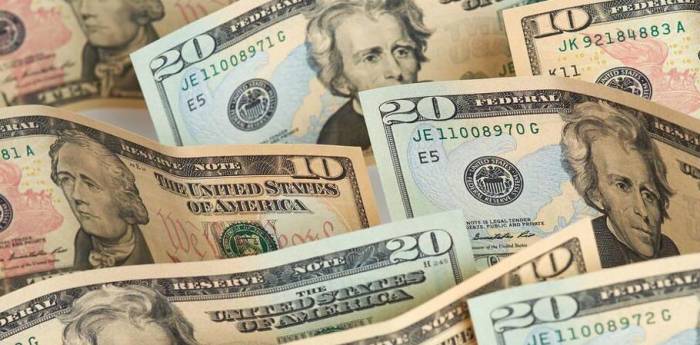- 2024-08-20
- 112 comments
Fed's Persistent Rate Hikes and High Interest Rate Policy
This afternoon, in a financial group chat, someone asked a very tricky question: Is the continuous interest rate hikes by the Federal Reserve aimed at bursting our real estate bubble? Is the high interest rate policy of the dollar a financial game of chess?
This question is actually very difficult to answer. You say whether the Federal Reserve wants to use continuous interest rate hikes to burst our real estate bubble, it definitely wants to in its heart.
But if you say that the primary purpose of the Federal Reserve's continuous interest rate hikes and high interest rate policies is to burst our real estate bubble, there is no evidence to support this view. Moreover, whether the Federal Reserve has the ability to burst our real estate bubble is still a big question mark.
However, no matter what the Federal Reserve thinks, the subjective desire of continuous interest rate hikes and high interest rate policies, it has indeed caused a great negative impact on our real estate bubble objectively.
The reason is also very simple: domestic real estate companies, including Evergrande and Country Garden, have borrowed a large amount of foreign debt, especially dollar foreign debt.
According to statistics from financial data service provider Wind: the total amount of foreign debt borrowed by domestic real estate companies is about 200 billion US dollars; of which, Evergrande owes 17.6 billion US dollars, Country Garden owes 11.8 billion US dollars, and Kaisa Group owes 15.4 billion US dollars.
Advertisement
We need to understand: in the first half of this year, 60% of listed real estate companies suffered losses; in such a bad situation, you let them repay a huge amount of foreign debt, it is impossible. Not only can they not repay the principal, but even the interest payment is difficult.This is also the reason why Country Garden and Wanda have recently experienced foreign debt repayment defaults, and Evergrande has requested bankruptcy protection for its overseas debts.
If we look back at previous years, the wave of foreign debt defaults by real estate companies might not have occurred; even the issue of domestic debt defaults could have been resolved simultaneously. In the past, the US dollar interest rates were extremely low, with short-term bond interest rates at less than 3% and medium to long-term bond interest rates at around 5%; compared to domestic bond interest rates, they were incredibly cheap. Due to the low interest rates, real estate companies could borrow heavily to repay old debts, and even use foreign debts to repay domestic debts, solving internal issues at the same time.
However, with the Federal Reserve beginning aggressive interest rate hikes last year, this strategy of borrowing new to repay old became unfeasible.
Firstly: the interest rates on foreign debts have skyrocketed, increasing from 3%-5% to 8%-12%, which more than doubled the cost of interest payments, and many real estate companies could not withstand the pressure.
What's even more critical is that the US dollar interest rate hikes have led to a strong devaluation of the Chinese yuan, with the exchange rate falling by more than 13%; this has made it even more difficult for real estate companies to repay US dollar debts. Originally, repaying $1 million only required 6.3 million yuan; now it requires 7.28 million yuan, an increase of nearly 1 million yuan. Can you imagine the headache?
In other words, after the Federal Reserve's continuous interest rate hikes, domestic real estate companies can no longer borrow heavily to repay old debts, and the principal + interest expenditure for repaying old debts has also increased significantly. Coupled with the inherently shaky high debt ratios and high leverage of real estate companies, the Federal Reserve's continuous interest rate hikes and high-interest policies have indeed exacerbated the difficulties for many of our real estate companies, and even evolved into the last straw that broke the camel's back.
Evergrande's application for overseas debt bankruptcy protection is a clear testament to this.In the future, if the Federal Reserve continues to raise interest rates and maintains a high-interest-rate policy, it is possible that more domestic real estate companies may fall due to foreign debt defaults; our real estate bubble may be punctured to some extent by the Federal Reserve.
Of course, the impact of the Federal Reserve's continuous interest rate hikes and high-interest-rate policies on our real estate bubble is still limited.

After all, domestic real estate companies mainly rely on domestic debt, with domestic debt accounting for more than 90%; the continuous interest rate hikes by the Federal Reserve and the puncture of foreign debt can only be said to have a "significant negative impact on real estate"; the Federal Reserve does not have the ability to puncture our real estate bubble.